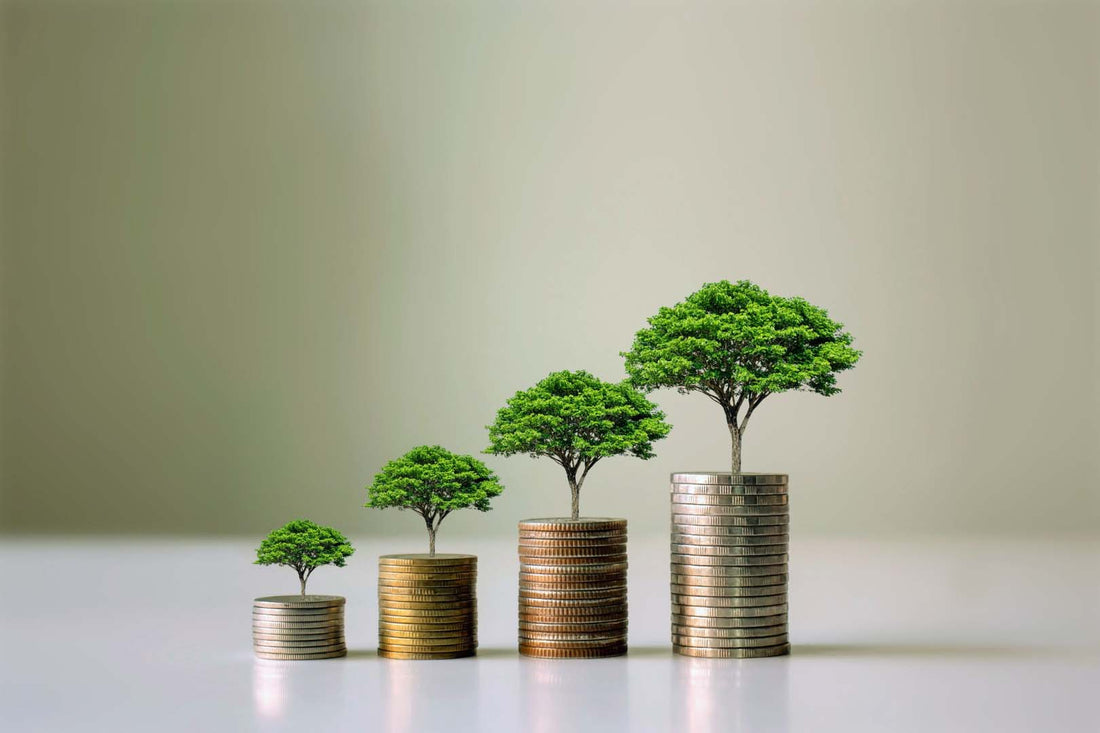We live in a complex world and each of us faces different challenges. This applies to every inhabitant of our planet. At the same time, there are striking differences in the types of problems they face. While many people are struggling to survive, many others find themselves in a comparatively comfortable situation and have the opportunity to worry about more global issues. Is that some kind of luxury?
Sustainability and whataboutism
Yes it's right. There are an awful lot of people on this planet who live inhumane lives. This is a problem that must be solved by all of us, especially by those who are better off. Unfortunately, this is not the only catastrophe we live in. Alongside war and economic uncertainty, the climate crisis is relentlessly advancing. Mother Nature has no regard for man-made problems, she has bigger issues to solve and consistently responds to our lifestyle in her own way. Although the facts are simply overwhelming, there are still some of us who do not want to see it. And so the supposed counter-argument of the humanitarian catastrophes in Africa, in order not to have to deal with the climate, is often made: "So what? In Africa, children die every day."
We are familiar with this strategy of problem downgrading from many other contexts. People who do not want to deal with problem X cite problem Y as an opponent and thus try to relativize X, according to the motto: "There are more important things." And since Y is more important and so far away that you can't contribute anything, you don't have to deal with X either. As if it were reprehensible to work on a connection just because there are also other topics. This approach is called whataboutism. You counter a critical question, an argument or a thesis with a counter-question and/or a change of subject. A kind of avoidance strategy. And especially with regard to sustainability issues, this often happens with the implication that these are all first-world problems, quasi-luxury, unnecessary frippery.
Sustainability and morality
This should actually apply to all topics: a discourse should be factual and constructive. On the other hand, moralizing one fact in comparison to another, for example through whataboutism, is not factual because it does not contribute to solving the actual question, but is intended to distract. In principle, morality has lost very little in the climate debate. Who is supposed to benefit if you also emotionalize the millions of difficulties that we have there and that are already complicated enough?
Ethics, on the other hand, has a very strong justification for a place in the discussion, because in contrast to pure morality, it moves on the factual level. In other words, ethics is the science of morality, while morality is the practical application of ethics. From an ethical point of view, there is much to consider when it comes to climate and all other sustainability issues, such as social and socio-economic factors. Because no problem in this world can be solved if you ignore us humans. Nevertheless, the discourse must take place on a factual basis, because many moral convictions may need to be reconsidered and that can only be done with the help of ethics.
So what to do?
Is it really a luxury to be serious about sustainability? Maybe that's what many people think because they don't have the impression that the climate issue affects them and there are still some who don't even believe that there is a problem. Well, we can't wait for them to change their minds because they will only do so when the problem hits them directly and by then it will be too late for all of us. Therefore, as a society, we have to afford to deal with the effects of the climate crisis. In our own interest and in the interest of those who don't know any better and above all in the interest of those who cannot devote themselves to this complex of topics. And that's not a luxury because it's not for our pleasure. But it is a privilege. A privilege that we must exercise for those who do not have it.










